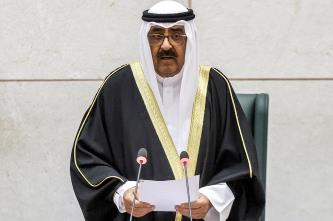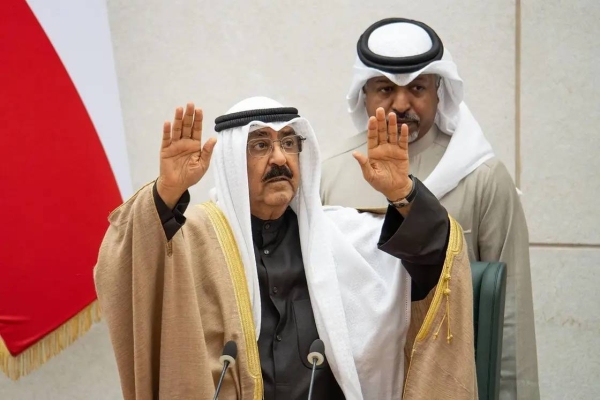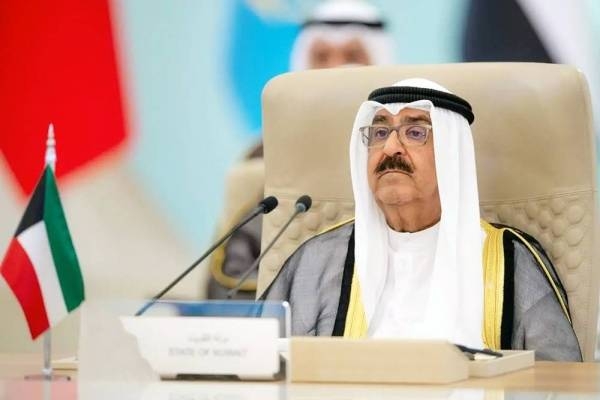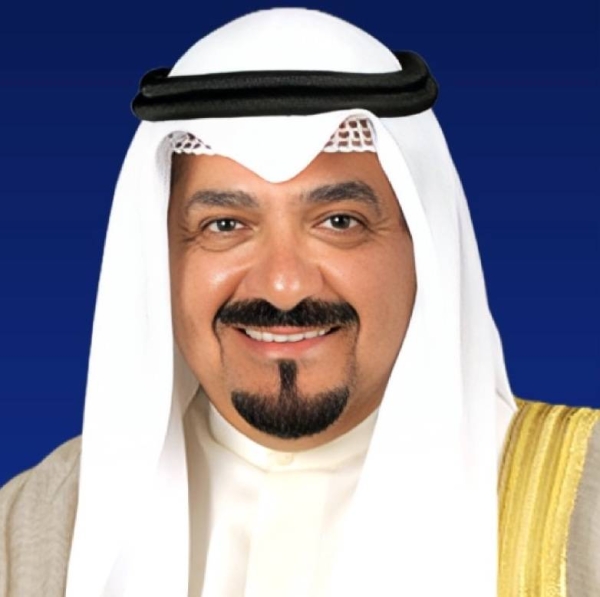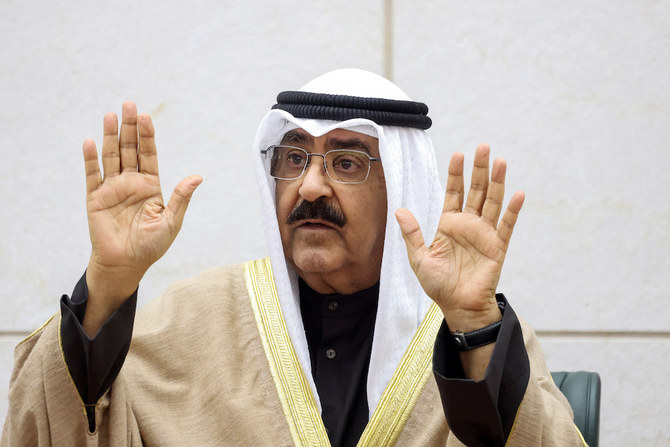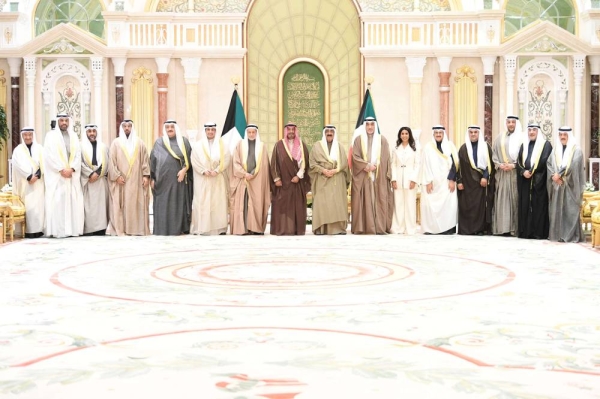
KUWAIT — Kuwait"s Emir Sheikh Mishal Al-Ahmad Al-Jaber Al-Sabah has emphasized the need for the new Kuwaiti government to concentrate on several critical areas, including the appointment of executive officials, equality in appointments, income diversification, public funds protection, and enhancing Kuwait"s foreign policy.
During his address on Wednesday following the forming of the government, the Emir underscored the importance of constitutional adherence, law enforcement, national security, combating corruption and nepotism, and promoting justice and equality across all ministries and institutions.
The Emir highlighted numerous pressing issues that require careful attention and planning.
These include appointing skilled top officials, focusing on youth and women, ensuring equal appointment opportunities, economy and investment, income diversification, financial sustainability, enhancing the private sector"s role, safeguarding public funds, expediting vital and developmental projects, digital transformation for transparency and eradicating nepotism, and strengthening foreign policy and Kuwait"s role globally.
The Emir advised the new ministers to prioritize, collaborate on an action plan with clear objectives and timelines, and consult experts for effective decision-making.
He encouraged them to adopt an "open door" policy, actively engage with the public, utilize media tools effectively, and address citizens" needs within legal and regulatory frameworks. This approach is expected to enhance public services in education, health, and housing.
Stressing the importance of the government"s performance in gaining public confidence, the Emir noted that this would be key to overcoming challenges and achieving goals.
He emphasized the need for strong cooperation between the legislative and executive authorities, in accordance with the constitution.
Prime Minister Dr. Sheikh Mohammad Sabah Al-Salem Al-Sabah acknowledged the significance of the leadership"s mandate and committed to honoring the trust during this pivotal period in Kuwait"s history.
He reiterated the government"s awareness of its substantial national responsibility and pledged to focus on reforms, open the economy, and improve the working environment in national institutions.
Dr. Sheikh Mohammad vowed to combat corruption, protect national achievements, and reinforce the country"s economic identity through restructuring and reform.
He stressed the government"s commitment to accelerate development and progress and to collaborate with the National Assembly in protecting and developing national aspirations.
The newly formed government, under the leadership of Prime Minister Sheikh Dr. Mohammad, comprises 13 ministers holding key ministerial positions.
These include Fahad Yusuf Al-Sabah as deputy prime minister, minister of defense, and acting minister of interior; Dr. Emad Mohammad Al-Atiqi as deputy prime minister and minister of oil; Abdulrahman Badah Al-Mutairi as Minister Of Information And Culture; Dr. Ahmad Abdulwahhab Al-Awadhi as Minister Of Health; Feras Saud Al-Sabah as minister of social affairs, family and Childhood affairs, and acting minister of state for Cabinet affairs; Dr. Anwar Ali Al-Mudhaf as minister of finance and minister of state for economic affairs and investment; and Dr. Salem Falah Al-Hajraf as minister of electricity, water and renewable energy, and minister of state for housing affairs.
Other in the Cabinet are: Dawood Sulaiman Marafi as minister of state for national assembly affairs, minister of state for youth affairs, and minister of state for communications; Dr. Adel Mohammad Al-Adwani as minister of education and minister of higher education and scientific research; Abdullah Hamad Al-Jo"an as minister of commerce and industry; Abdullah Ali Al-Yahya as minister of foreign affairs; Faisal Saeed Al-Ghareeb as minister of justice and minister of awqaf and Islamic affairs; and Dr. Nora Mohammad Al-Mashaan as minister of public works and minister of state for municipality affairs.
The prime minister will inform the National Assembly about this decree, which is effective from the date of its publication.




